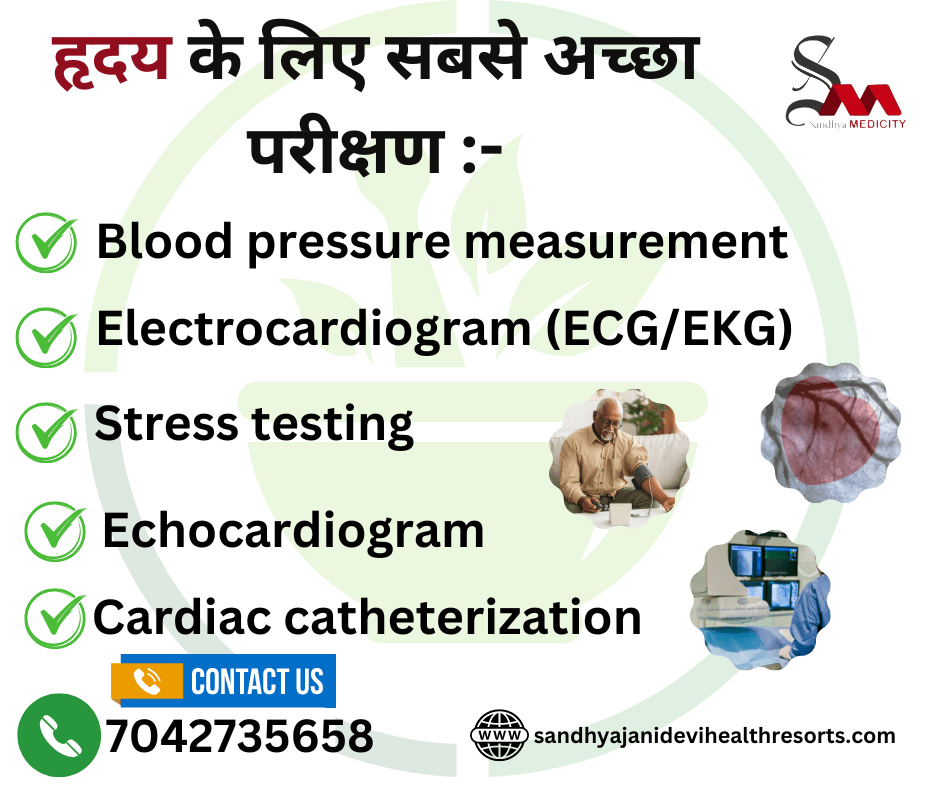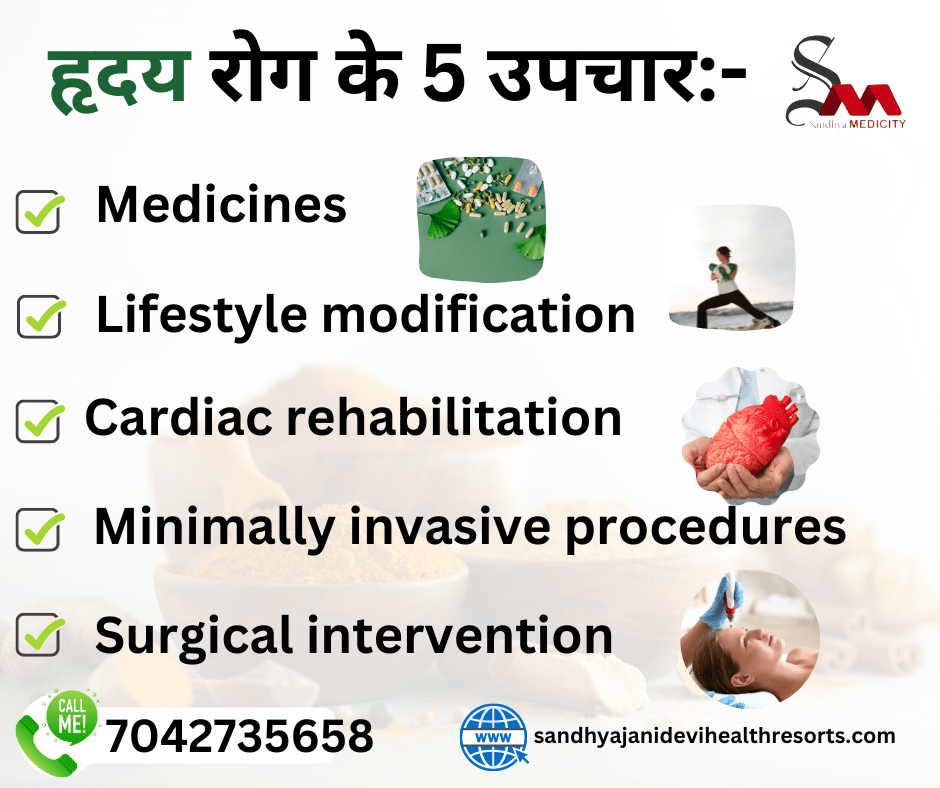Where we delve deeper into the fascinating world of medicine and wellness. best test for the heart We’ll be exploring an important topic that affects millions of people around the world: heart health! Specifically, ‘what is the best test for heart

Importance of heart health
First of all stress the paramount importance of heart health. Our heart is not only a muscular organ responsible for pumping blood throughout our body, but it is also a complex system that keeps us alive.
Ensuring its proper functioning is essential for a healthy and fulfilling life.”
Blood pressure measurement
One of the most commonly used and accessible tests to evaluate heart health is blood pressure measurement.
This non-invasive procedure involves the use of an inflatable cuff wrapped around the upper arm to determine two basic readings: systolic pressure and diastolic pressure.
Systolic pressure refers to the force exerted on the artery walls when the heart contracts, Whereas diastolic pressure refers to the pressure between heartbeats when the heart is at rest. Together, these readings provide important information about the health of our circulatory system.
Electrocardiogram (ECG/EKG)
Moving on to another commonly employed test, we have the electrocardiogram, or ECG/EKG. This test is often used to detect various heart conditions, including arrhythmias, abnormal heart rhythms, and ischemic heart disease.
By attaching electrodes to the patient’s body on the chest, extremities, and sometimes the back, an ECG amplifies and records the heart’s electrical activity, providing important insight into its overall functioning.
Stress testing
As the name suggests, a stress test places the heart under varying levels of physical stress to evaluate its response.
During this test, you may be asked to walk on a treadmill or pedal an exercise bike while your heart rate, blood pressure, and ECG are continuously monitored.
This test helps cardiologists identify potential heart problems that may not be apparent at rest and enables them to determine the appropriate course of treatment.’
Echocardiogram
Next, we have the echocardiogram, a test that uses sound waves (ultrasound) to create real-time images of the heart’s structure and function
By sending sound waves through a transducer placed on the chest, detailed images of the heart’s chambers, valves and blood flow patterns can be obtained.
This non-invasive and painless test helps in the diagnosis of heart conditions such as valvular abnormalities, blood clots and congenital heart defects.”
Cardiac catheterization
When more precise information is needed, cardiac catheterization may be recommended. In this invasive procedure, a thin, flexible tube (catheter) is inserted into a blood vessel, usually in the arm or groin, and advanced toward the heart.
Contrast dye is then injected, allowing visualization of the coronary arteries on X-ray images.
Cardiac catheterization is particularly useful in detecting blockages or narrowing of the coronary arteries and plays an important role in the diagnosis and treatment of heart disease.
Conclusion
The best tests for the heart depend on a variety of factors, such as symptoms, medical history, and the expertise of the healthcare provider.
While simple blood pressure measurements provide valuable insight into heart health, more sophisticated tests such as ECG, stress testing, echocardiogram and cardiac catheterization can provide a comprehensive assessment of the structure and function of the heart.
Remember, it is essential to consult with a qualified healthcare professional who will tailor the testing approach to your individual needs.

